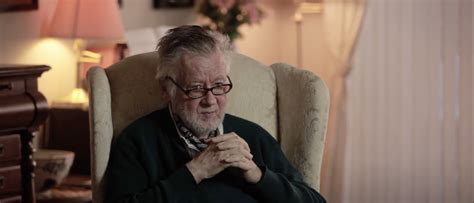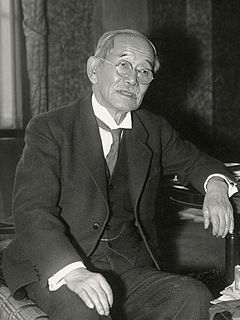A Quote by Albert Bandura
People's conceptions about themselves and the nature of things are developed and verified through four different processes: direct experience of the effects produced by their actions, vicarious experience of the effects produced by somebody else's actions, judgments voiced by others, and derivation of further knowledge from what they already know by using rules of inference
Related Quotes
The difficulty in judging what type of behavior works well arises not only because a given course of action does not always produce the outcomes. Similar outcomes can occur for reasons other than the person's actions, which further complicates inferential judgment. Effects that arise independently of one's actions distort the influence of similar effects produced by the actions, but only on some occasions. Given a strong cognitive set to perceive regularities, even chance joint occurrences of events can be easily misjudged as genuine relationships of low contingent probability
In the Small group the individual can know the effects of his actions on his several fellows, and the rules may effectively forbid him to harm them in any manner and even require him to assist them in specific ways. In the Great Society many of the effects of a person's actions on various fellows must be unknown to him. It can, therefore, not be the specific effects in the particular case, but only rules which define kinds of actions prohibited or required, which must serve as guides to the individual.
All our knowledge hast its origins in our perceptions … In nature there is no effect without a cause … Experience never errs; it is only your judgments that err by promising themselves effects such as are not caused by your experiments … Science is the observation of things possible, whether present or past; prescience is the knowledge of things which may come to pass.
Food conditions the nature of the mind. Mind guides the thinking. Thinking results in action. Actions lead to commensurate or matching results and effects. This chain of action between the food we eat and the results of our actions highlights the fact that meat eating leads to beastly actions and the concomitant evil effects.
It is not the actions of others which trouble us (for those actions are controlled by their governing part), but rather it is our own judgments. Therefore remove those judgments and resolve to let go of your anger, and it will already be gone. How do you let go? By realizing that such actions are not shameful to you.
In history an additional result is commonly produced by human actions beyond that which they aim at and obtain -- that which they immediately recognize and desire. They gratify their own interest; but something further is thereby accomplished, latent in the actions in question, though not present to their consciousness, and not included in their design.
The great blessing of private property, then, is that people can benefit from their own industry and insulate themselves from the negative effects of others' actions. It is like a set of invisible mirrors that surround individuals, households or firms, reflecting back on them the consequences of their acts. The industrious will reap the benefits of their industry; the frugal the consequences of their frugality; the improvident and the profligate likewise. They receive their due, which is to say they experience justice as a matter of routine.


































